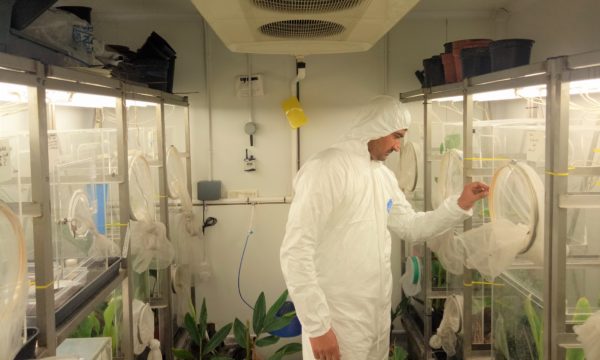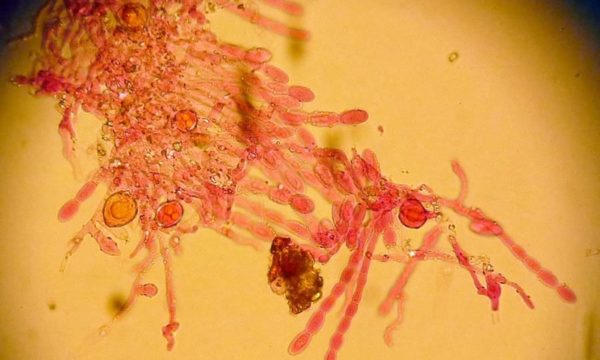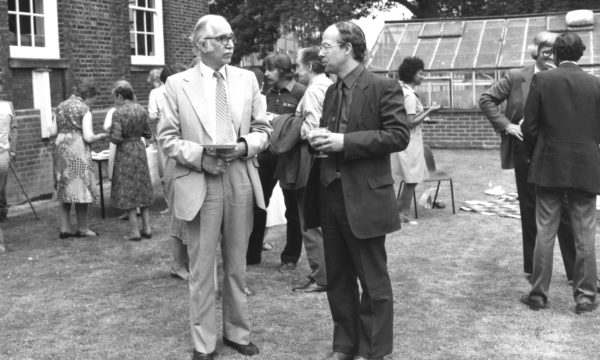It’s customary in the New Year to look into a metaphorical crystal ball (as any rational scientists would have obviously dispensed with the real thing). In doing that, I can confidently predict that the number of scientific breakthroughs will reach an unprecedented level this year. How can I be so sure? A study of the level of “breakthroughs” reported using that specific (plural) term in CAB Abstracts shows that there’s been a fairly steady upward trend from 10 in 1992 to 50 in 2007
Is this not a cause for unconfined rejoicing? Well, possibly. There is more research being published and indexed in CAB Abstracts every year (which is obviously, in the words of our sponsor, why you should make it part of your regular search routine). But it could also be case of researchers getting more cavalier or possibly desperate in their use of the term?
While breakthroughs have gone up, it’s noticeable that “paradigm shifts” have risen at an even faster rate in CAB Abstracts. “Scientific revolutions” are remarkably sparse – but why revolve when you can paradigm-shift? Searching on Google Trends suggests that paradigm shifts are way ahead of scientific revolutions in media coverage, but it’s pretty much evens in terms of Google searches, perhaps an indication that it’s a term people like writing even if others aren’t out there looking for it.
As with many style guides, The International Food Information Council warns journalists against using “hyped or loaded terms" such as “scientific breakthrough" to attract public attention. Nik Brown from the University of York considers some of the problems in his paper Organising/Disorganising the Breakthrough Motif: Dolly the Cloned Ewe Meets Astrid the Hybrid Pig”. He quotes two analysts who say “The ‘B’ word – breakthrough – divides scientists and journalists as no other… no word better signifies the crosscurrents and undertows that can sink the communication process. And none better reveals the cultural divides that separate the two professions”.
It’s obvious that a story in the news or in a journal that describes a dramatic new understanding of something is more exciting than “Scientists today reported that they probably now had an incrementally better knowledge of a very narrow area, subject to confirmation by repetition and peer review and that over time this combined with lots of other studies might make a difference to something”. However, the latter is more lifelike: the moments of genius with cartoon-style light bulbs appearing over scientists’ heads are as rare as those old-style light bulbs will soon be. But that doesn’t mean scientists aren’t collectively achieving remarkable things that eventually can change the world.
So, returning to the New Year theme, I hereby resolve to not use the word "breakthrough" in my news or blog articles this year. Expect this to last as long as my other resolutions.
Related News & Blogs
Bursary improves cross-CABI collaboration for more effective international development work
CABI bursary: seconded Mariya Iqbal and Gareth Dicks from CABI UK with CABI knowledge tool users from the Chinese Academy of Agricultural Sciences and the MARA-CABI Joint Laboratory for Biosafety in Beijing. A strength of CABI is its work on a global s…
30 September 2019




